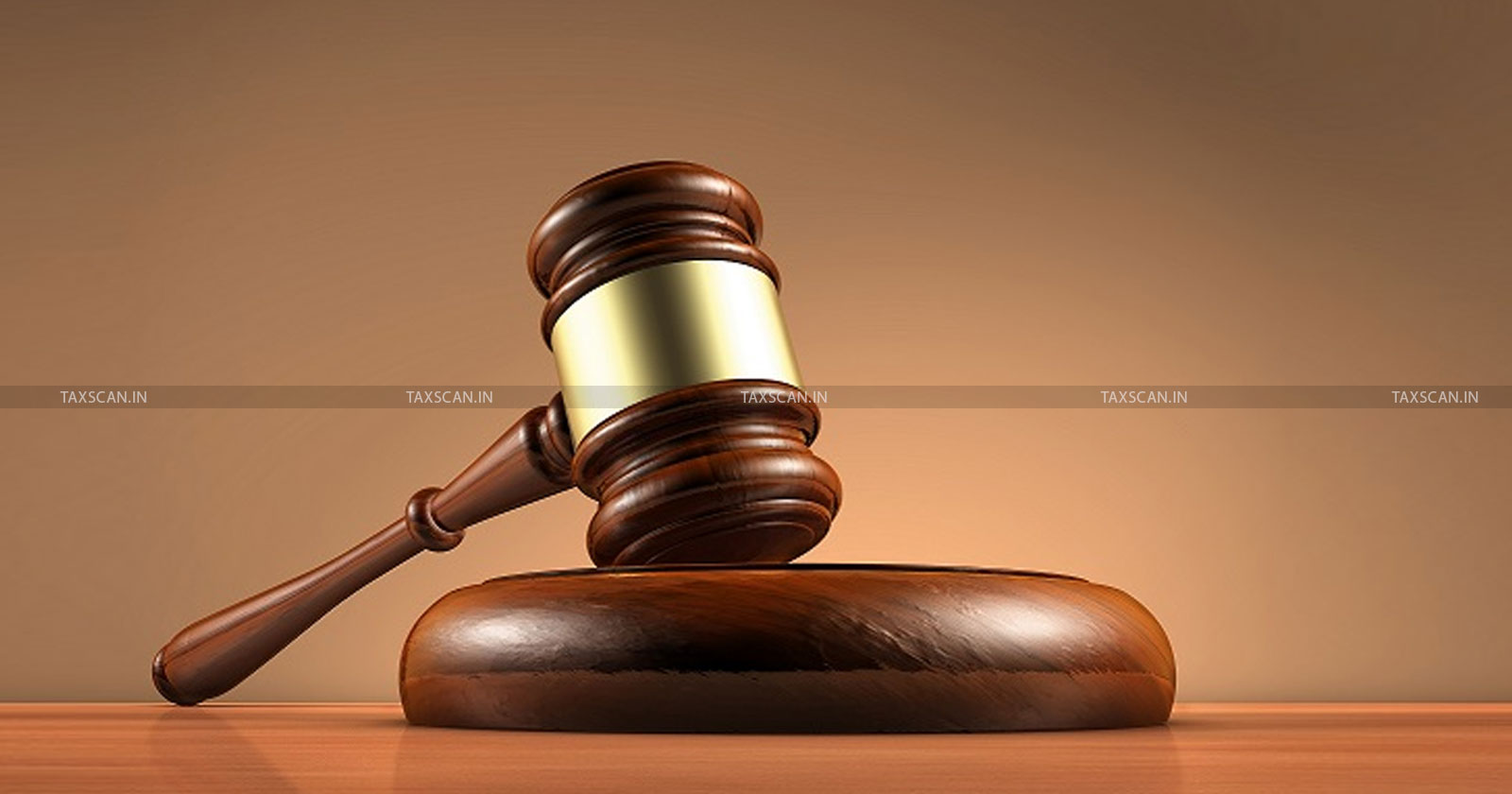Relief to Hindustan Equipment Pvt. Ltd, 50% Relief Under 2020 Samadhan Scheme Applies to Taxpayers with Pending Appeals: Madhya Pradesh HC [Read Order]
The petitioner’s case is pending before the appellate authority as per the definition of 2(f) the settlement amount is liable to be calculated on the basis of the disputed amount
![Relief to Hindustan Equipment Pvt. Ltd, 50% Relief Under 2020 Samadhan Scheme Applies to Taxpayers with Pending Appeals: Madhya Pradesh HC [Read Order] Relief to Hindustan Equipment Pvt. Ltd, 50% Relief Under 2020 Samadhan Scheme Applies to Taxpayers with Pending Appeals: Madhya Pradesh HC [Read Order]](https://images.taxscan.in/h-upload/2025/07/02/2058247-relief-to-hindustan-equipment-pvt-ltd-hindustan-equipment-pvt-ltd-samadhan-scheme-taxscan.webp)
In a recent ruling, the Madhya Pradesh High Court has held Hindustan Equipment Pvt. Ltd eligible under 2020 Samadhan Scheme (The Madhya Pradesh Karadhan Adhiniyamon Ki Puranee Bakaya Rashi Ka Samadhan Adhyadesh, 2020) holding that taxpayers with pending appeals are eligible for 50% relief under the said Scheme.
The petitioner, Hindustan Equipment Pvt. Ltd. is engaged in the manufacturing of machinery types of equipment in its factory situated at Sanwer Road, Indore (M.P.). The petitioner’s assessment for the financial year 01.04.2012 to 31.03.2013 under the Central Sales Tax Act was completed and an additional demand of Rs.20,88,443/- was issued against the petitioner. The aforesaid demand was calculated due to the non-submission of C-Forms.
 Also Read:Delay Should Not Defeat Meritorious Case: ITAT Condones 221-Days Delayed Appeal of Senior Citizen [Read Order]
Also Read:Delay Should Not Defeat Meritorious Case: ITAT Condones 221-Days Delayed Appeal of Senior Citizen [Read Order]
The petitioner preferred an appeal before the Deputy Commissioner, Commercial Tax, Division-I by depositing the additional demand of Rs.5,24,000/-. Vide order dated 20.04.2016, the appellate authority granted the tax relief of Rs.5,04,362/-, therefore, as per the order of the First Appellate Authority, the demand was reduced to Rs.10,60,081/-.
Understanding Common Mode of Tax Evasion with Practical Scenarios, Click Here
It challenged the order of First Appellate Authority before the Madhya Pradesh Commercial Tax Appellate Board, Indore on 17.06.2016 by depositing 20% of the balance amount of Rs.2,12,021/-.
During the pendency of the appeal, the State Government came up with the ordinance in the name of The Madhya Pradesh Karadhan Adhiniyamon Ki Puranee Bakaya Rashi Ka Samadhan Adhyadesh, 2020 ("the Ordinance"). According to the petitioner, Clause ‘f’ of Section 2(1) defines the ‘disputed amount’.
According to this any demand against which the litigation has been filed before the appellate authority. Therefore, for the purpose of settlement under this Ordinance, the disputed amount will be the amount pending in the litigation before the MPCTAB. The petitioner applied in a prescribed form on 21.01.2021 to get the benefit of the Ordinance.
The petitioner deposited the amount of Rs.3,17,622/- which is a 50% amount of the demand of tax. Respondent No.3 vide notice dated 03.02.2021 rejected the claim of the petitioner in order to pay an extra amount to the tune of Rs.5,29,475/- which is equal to the 100% of the remaining balance amount of the arrears of tax.
Understanding Common Mode of Tax Evasion with Practical Scenarios, Click Here
The petitioner argued that the respondent No.3 wrongly considered the case of the petitioner under Category 1 of Section 4(1) of the Ordinance which deals with the amount related to the statutory certificate/declaration. Instead of category 3 which deals with the disputed amount. Being aggrieved by the order dated 10.02.2021, the petitioner filed an appeal dated 25.03.2001 before respondent No.2. Vide order dated 18.06.2021, the appeal has been dismissed.
The First Appellate Authority reduced the demand to 15,84,081/- because in the appeal the assessee submitted Section 29 Form-C valued Rs.46,76,808/- which has been accepted by the appellate authority and reduced Rs.15,84,081/- which is a disputed amount in the appeal, therefore, the case of the assessee falls under Section 4(1) & (3) of the Ordinance.
A division bench of Justices Vivek Rusia and Binod Kumar Dwivedi observed that “Had the petitioner submitted an application for settlement under the Ordinance during the pendency of the proceeding before the Assessment Officer, then certainly this case would have fallen under category 1, but now that stage has crossed. The petitioner’s case is pending before the appellate authority as per the definition of 2(f) the settlement amount is liable to be calculated on the basis of the disputed amount.”
In view of the above, the bench allowed the petition.
Support our journalism by subscribing to Taxscan premium. Follow us on Telegram for quick updates


